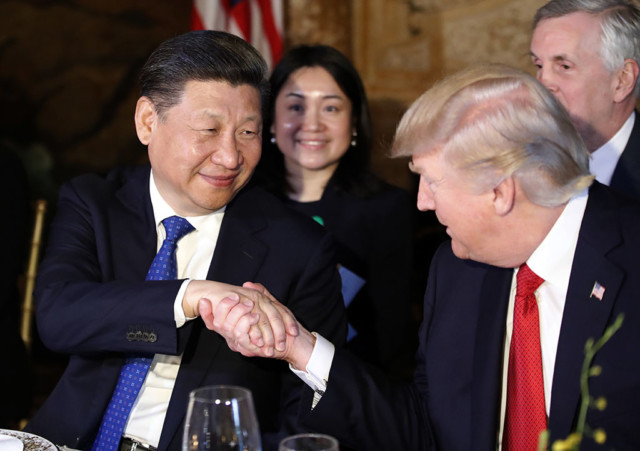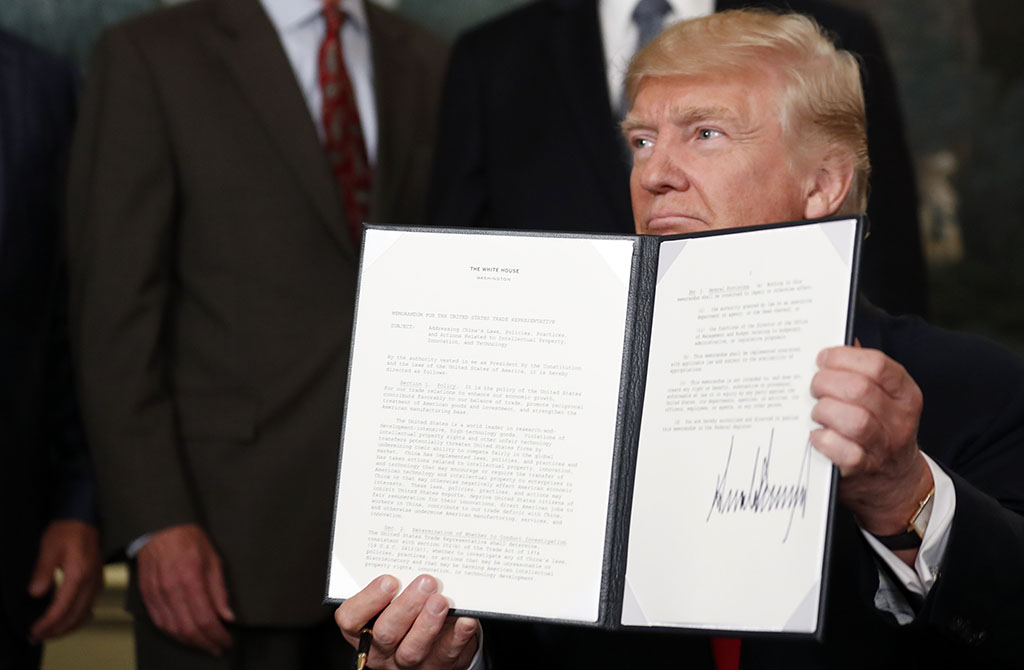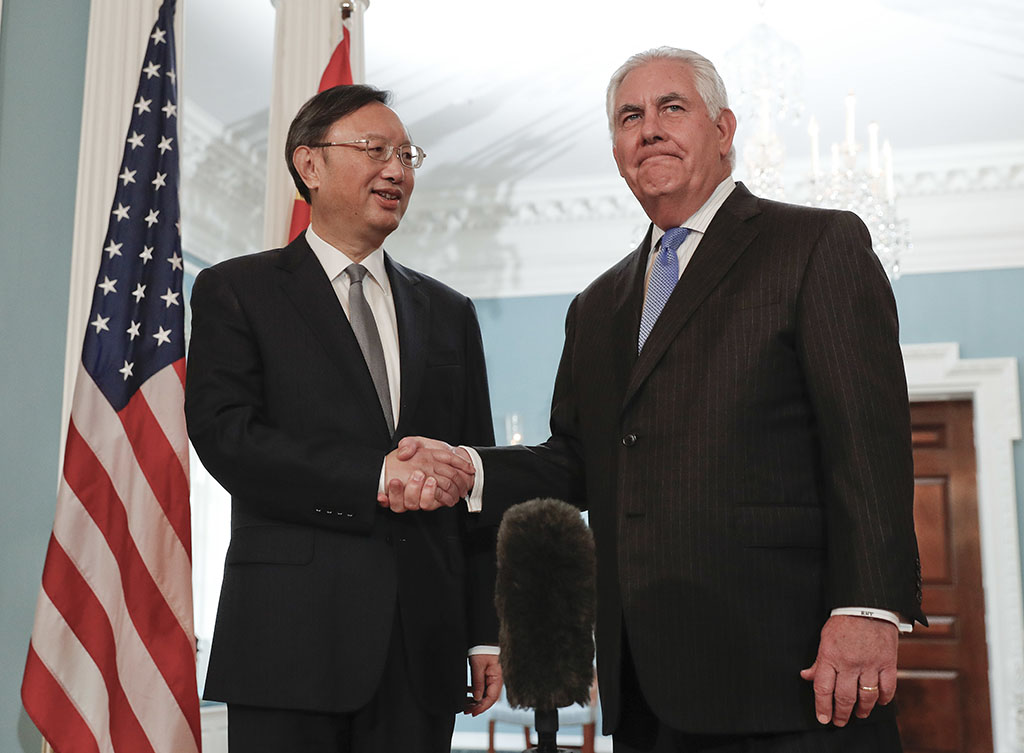Donald Trump consistently took a hard line on China during his election campaign, but analysts said he has softened his stance toward Beijing since taking office.
CGTN’s Han Peng reports.
For the third time this year, the leaders of the world’s two most powerful economies will meet. Since U.S. President Donald Trump’s election, he and Chinese President Xi Jinping have spoken on the phone eight times, including a conversation in March in which Trump agreed to honor the One-China Policy.
Trump had earlier broken from traditional protocol by taking a call from the leader of Taiwan, Tsai Ing-wen.
During a visit to the U.S. in April, Xi said there were numerous reasons for the two nations to have a good relationship. The visit proved fruitful in melting the iciness caused by Trump’s China-bashing during his presidential campaign.
“When was the last anybody saw us beating, let’s say, China in a trade deal,” Trump once remarked. “They kill us. I beat China all the time.”
Trade remains a contentious issue. The two countries held a 100 day discussion on the topic following Xi’s visit. The resumption of U.S. beef exports to China is just one of the outcomes of those talks.
But the US government wants more, and Trump is signaling this with the huge business delegation he’s bringing with him to China.
“Historically, it’s a pattern on the Chinese side to send a huge delegation to the U.S. before our presidents went there for visit,” according to Professor Xie Tao of Beijing Foreign Studies University. “We called this buying spree in America. But now we’ve seen a reversed trend.”
Another key issue is the DPRK nuclear crisis.
China and other nations voted in favor of U.N. sanctions on the DPRK several times this year, but Pyongyang has bucked international pressure by continuing its nuclear weapons and missile tests. The country now said it successfully tested a hydrogen bomb that it can send to the U.s. mainland using an intercontinental missile.
China proposed what it calls the “dual suspension” approach, which would see Pyongyang abandon its nuclear weapons in exchange for Washington halting military drills with Seoul.
The Trump administration has rejected this idea.
Despite differences in trade and the DPRK, Chinese leaders remain hopeful the country can find common ground with the US. Authorities said they’re planning to treat Trump to what they call a “state visit-plus.”
“If we really made this a state visit-plus, that is intended as a message to President Trump that we value this relationship very importantly, and we do want to see some major breakthroughs and accomplishment through our summit,” Professor Xie said.
 CGTN America
CGTN America FILE – In this April 6, 2017 file photo, President Donald Trump, right, shakes hands with Chinese President Xi Jinping during a dinner at Mar-a-Lago, in Palm Beach, Fla. Trump begins a state visit to Beijing Wednesday. He’ll be seeking Chinese action to rebalance its U.S. trade and to pressure on North Korea. Both presidents will then travel to Vietnam and the Philippines for regional summits, bidding for support among the continent’s wavering leaders. (AP Photo/Alex Brandon)
FILE – In this April 6, 2017 file photo, President Donald Trump, right, shakes hands with Chinese President Xi Jinping during a dinner at Mar-a-Lago, in Palm Beach, Fla. Trump begins a state visit to Beijing Wednesday. He’ll be seeking Chinese action to rebalance its U.S. trade and to pressure on North Korea. Both presidents will then travel to Vietnam and the Philippines for regional summits, bidding for support among the continent’s wavering leaders. (AP Photo/Alex Brandon)


